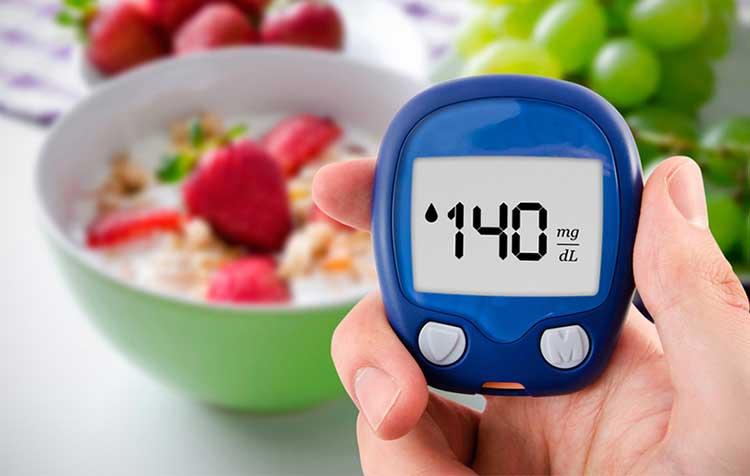
Ramadan, with all its beauties, can be a problem for people with diabetes. Of course, it is not the only reason for diabetes in Ramadan, because diabetes is a disease in which the body enters a large amount of sugar into the blood. For this reason, diabetics must first be examined and get permission from a doctor to fast. Most people with diabetes should not fast, and those who can should be monitored by a doctor to change medications and how they are used.
People with diabetes to manage their diabetes during Ramadan, especially those with type 1 diabetes, should be aware that if they fast, they are at increased risk for diabetic ketoacidosis (acute complications of diabetes), especially those whose blood sugar was very high before Ramadan. The risk of diabetic ketoacidosis may even increase because the insulin dose decreases as the amount of food decreases during Ramadan. Therefore, fasting during Ramadan for diabetics may be associated with a number of complications. In principle, patients with type 1 diabetes should strictly abstain from fasting. Patients with type 1 diabetes who have a history of recurrent hypoglycemia (low blood sugar) or who do not control their diabetes properly are at risk for severe hypoglycemia. On the other hand, excessive reduction in insulin dose in these patients may put them at risk for glycemic and diabetic ketoacidosis. Hypothyroidism and hyperglycemia may also occur in patients with type 2 diabetes but are less severe than in patients with type 1 diabetes.Beware of danger
Search
Category Articles
Latest Articles
Tags
Advertising
